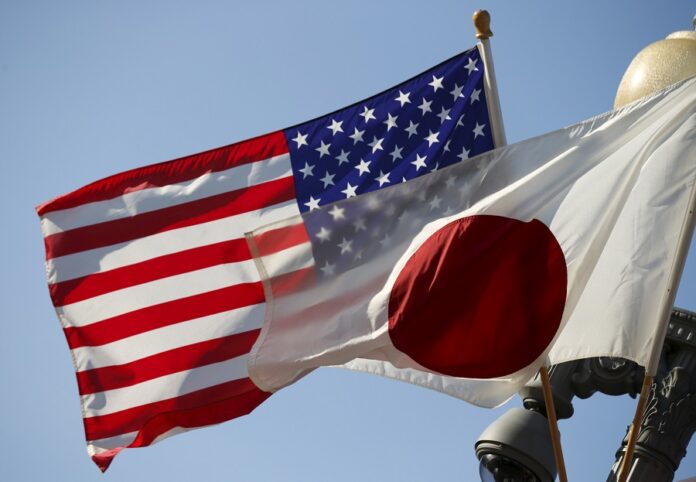The US and Japan announced plans to strengthen defense cooperation on land, at sea and in space as they expressed growing concern about the growing challenge posed by China and its ties with Russia, according to Bloomberg.
Speaking after a day of security talks in Washington, officials said Wednesday that the two sides were set to sign an agreement that will strengthen cooperation in space, including the US agreeing to defend against an attack on Japan’s space assets in some cases.
They also committed to more bilateral military training and a realignment of US forces in the region to be able to better respond to any threat by China.
The meeting of the US-Japan Security Consultative Committee at the State Department was a precursor to Prime Minister Fumio Kishida’s visit to Washington later this week, and underscored just how seriously the two nations take concerns about what they said is a more aggressive China. Japan calls Beijing an “unprecedented strategic challenge.”
“What we’re seeing recently is some very provocative behavior on the part of China’s forces and their attempt to establish a new normal” in its approach to Taiwan, US Secretary of Defense Lloyd Austin said at a briefing alongside Secretary of State Antony Blinken and their Japanese counterparts. Austin added, though, that he doubts a Chinese attack on Taiwan is imminent.
The US will reorganize its forces in Japan to better deter and respond to increasing regional threats, and the allies will conduct joint exercises in Japan’s southwestern islands, where tensions with China run high, the two sides said in a joint statement.
“US-Japan military cooperation should not target the interests of third parties and should not undermine peace and stability in the region,” Chinese Foreign Ministry spokesman Wang Wenbin said during a regular briefing on Thursday in Beijing.
Japan’s Foreign Minister Yoshimasa Hayashi said US and Japanese officials shared concern over expanding military cooperation between Russia and China.
In the joint statement, the two countries committed to collaborate on research in areas such as advanced materials and testing facilities for hypersonic weapons and to explore co-development of a future interceptor.
The allies also called for joint exercises with South Korea focused on ballistic missile defense, maritime security and antisubmarine warfare.


